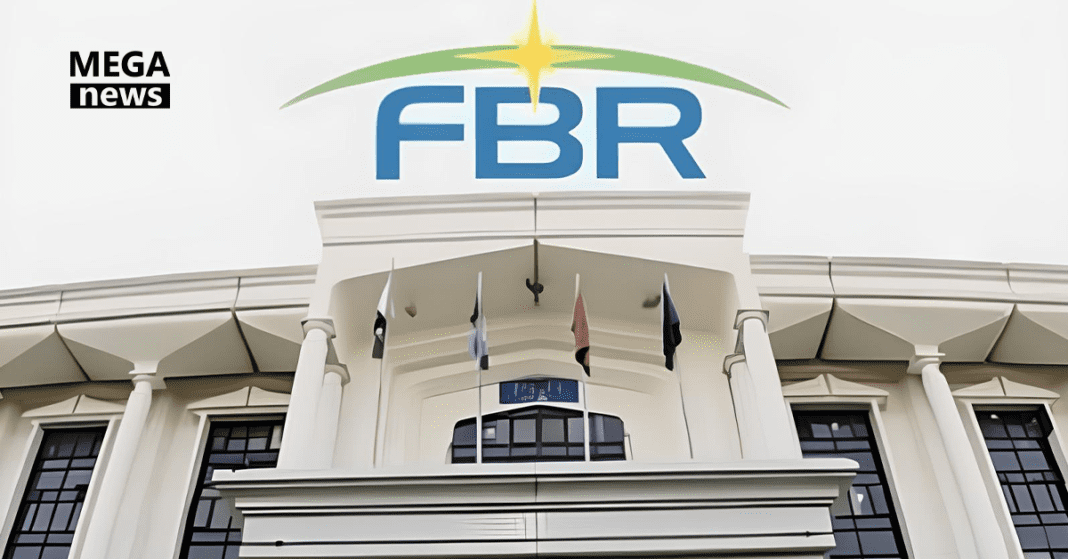When Federal Board of Revenue (FBR) Chairman Rashid Mahmood Langrial recently announced that the body would “freeze” bank accounts of non-filers in the 2025–26 fiscal year, it made waves across Pakistan’s tax and business communities . This step represents an unprecedented push to widen the tax net and bring informal economic activity into the formal system, with real implications for students in finance, business, and economics.
During a National Assembly Standing Committee on Finance meeting, Langrial said the freeze would target individuals and businesses failing to register for sales tax—especially larger industrial units that evade the system . The FBR emphasizes that this won’t be a permanent seizure: bank accounts can be reactivated within 48 hours once the person complies by registering. Notices will be issued before any action—a nod to due process .
Why is this move significant? According to FBR estimates, only around 30,000–35,000 of Pakistan’s roughly 300,000 industrial units are registered for sales tax. That means a staggering 90% remain off the radar, contributing to lost revenue estimated in the billions . By enforcing registration, FBR hopes to ensure more businesses pay their fair share, reduce tax evasion, and increase transparency.
The freeze is just one measure in a broader reform package. Under the new Finance Bill, FBR officials have the authority to forcibly register non‑filers under clauses 14AC and 14AD of the Sales Tax Act . Additionally, unregistered businesses may face short-term utility disconnections—both gas and electricity—designed to encourage compliance.
Chairman Langrial highlighted that these moves aren’t designed to punish smaller traders. The focus is on major producers operating outside the tax system. He and lawmakers agreed to raise the registration threshold from approximately Rs 8 million to Rs 10 million in turnover, offering small businesses breathing room . Those who register will also enjoy a six‑month grace period before any sales tax is levied.
Still, not everyone is sold on the heavy‑handed approach. Committee members cautioned against overly stringent enforcement. “Freezing bank accounts will paralyze operations,” warned Syed Naveed Qamar, a standing committee chair . FBR responded by clarifying that freezing is temporary and reversible, hinged on registration and cooperation.
This crackdown aligns with Pakistan’s commitments under its International Monetary Fund (IMF) program and the federal government’s ambition to document the economy . It also complements new budget measures: stricter thresholds on non-filer exemptions, higher advance tax on cash withdrawals, and limits on purchases and property transactions for non-compliant individuals .
For students of economics and public policy, this is a case study in balancing enforcement and outreach. The government’s use of strong incentives—like account freezes and service cutoffs—is paired with thresholds and regressive grace periods to protect smaller enterprises and the vulnerable.
That said, the devil is in implementation. FBR will need transparent processes, timely notices, and efficient support systems to handle new registrants. It must also communicate clearly so that enough non-filers understand and act—rather than react with panic or distrust.
In classrooms and lecture halls, the freeze threat has sparked fresh discussions. Is this an effective way to broaden the tax base? How does it affect liquidity in business sectors? Does it disproportionately impact certain industries or regions? These questions are now at the heart of public finance courses and business debates nationwide.
Ultimately, the success of FBR’s freeze-and-register strategy will be measured in increased revenues, reduced evasion, and fairness. If it works, Pakistan might see a steadier fiscal footing. If not, the policy risks backlash and disruption—not just for businesses, but for the broader promise of economic formalization.



